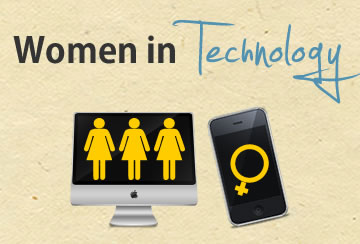Last week I was simply blown away by a group of gifted women who take STEM to levels I’d previously only saw in movies. These women were from Lawrence Berkeley National Laboratory (LBNL) and they didn’t just surprise me, they also inspired me. As a result I attended a session on Wednesday about “Starting and Growing Your Own Research Program” presented by Deb Agarwal (LBNL) and Julie A. Adams (Vanderbilt University) to further feed the hunger that was inspired at LBNL. I was not disappointed. The session was planned with slides but the duo decided to forego the slides and make the session more interactive based on what the audience was looking for. Great way to run the session as people appeared genuinely engaged and the session ran slightly over.
Key takeaways for me were that while research projects need resources such as equiptment, people, and funding, that it is your good judgement, agility, hustle and relationships which are key to delivering those resources. Again I am reminded that GHC is Social, as the serendipitous nature of a successful research program sounds to be more the result of relationships with program managers, people of influence, peer relationships and timing than dumb luck.
Agarwal offers the advice that those in research labs should start by delivering on a project that is already fleshed out and funded. Delivery is hard enough on its own, but it is key to building your reputation which will support your when you are ready to branch out with your own research. Adams adds that in the academic space delivery is synonymous to publishing, you must do it alot to be recognized! Tips to aid in feeding the publishing and delivery schedule are to find good collaborators that help you acomplish more, faster and with better agility.
I relate much of this session to my own experiences in professional services and in delivery based IT organizations where relationships can make or break you (regardless of skill and experience) and agile practices improve delivery quality and release timeliness. In laymens terms, your project management is just as important as your program management and you must master the context switch to be successful in your own research program.
More great tips (in no particular order):
Relationships help you find out the best funds to go after
Don’t miss deadlines
Build your collaboration network
Diversify your funding mix
Don’t try to fund it all as one project
Think of it as running a small business
Expect a ton of rejections
Don’t expect a big fund within 2 years
Serve on review panels with organizations you’d like to fund you
Work on conference committees to add flavor to your reputation

